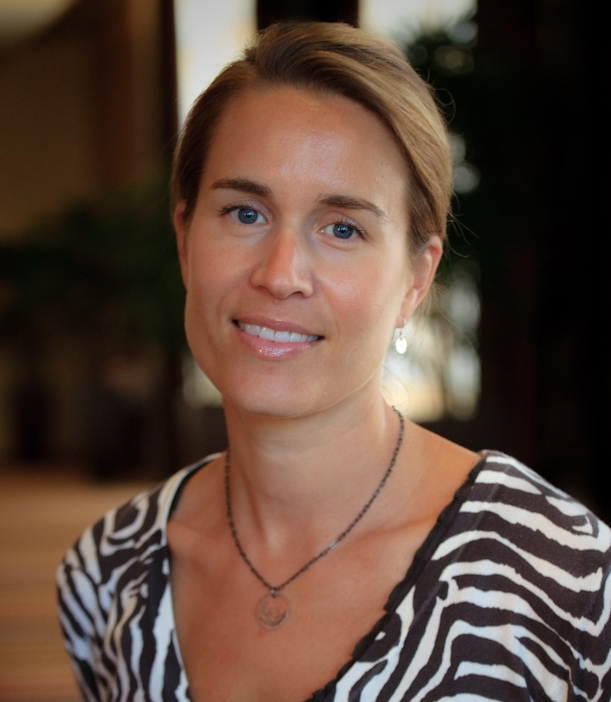I recently wrote a little piece about resilience and quoted a colleague, Nefertiti Bruce, coauthor of Socially Strong, Emotionally Secure: “Resilience is like a blanket in the back of your car. You never know when you are going to need it, but it is good to know it is there—just in case.” Since that article, I have been approached by a number of people who said they had never really thought about resilience that way. In fact, some shared that they never think about resilience at all. One friend shared this insight: “You don’t think about resilience until you need it. Then, it’s all you can think about.”
Paul LeBuffe, coauthor of the Devereux Early Childhood Assessment (DECA), among a variety of other resources, is fond of saying, “Devereux was into resilience before resilience was cool.” This always makes our team smile, but it is important for this reason. Devereux has been creating resilience-based assessments, writing books, producing DVDs, and offering professional development for thousands of people across the country since 1996. At this point, we feel like we’re getting it down pat.
In the past, resilience was viewed as something only at-risk children and families needed. "Not true," says Ann Masten. She refers to resilience as ordinary "magic.” It is something we all need, and magic it is. It can help in the most hopeless situation or make devastation seem ripe with possibility. It can light the way out of the dark in stressful or even horrific times. When natural disaster or terrorists strike, resilience can help you cope and think your way to solutions and recovery.
On a personal level, I wasn’t thinking about my resilience on September 11th, 2001. Just 26 years old, I was in the state of Washington conducting a week-long training on--of all things--resilience. With flights grounded, the group I was training and I all took a vote—continue the training or cancel. We decided that now, more than ever, was the time to be talking about resilience. We got through that training week with many hugs, many tears, and many insights about our own personal resilience. I recognized my own protective factors on that day and week and have been grateful ever since to know that I do have a "blanket in the back of my car," just in case.
Devereux offers a free, research-based survey of adult resilience. Try taking the Devereux Adult Resiliency Scale yourself. Perhaps some of the ideas in Building Your Bounce, the accompanying adult-resiliency journal, will help you be your best resilient self.

This post was contributed by Karen Cairone. Karen has been with the Devereux Center for Resilient Children, Early Childhood Initiative for the past 13 years. She has coauthored several resources, including the Facing the Challenge DVD series, Classroom Moments DVD, For Now and Forever: A Family Guide for Infants and Toddlers, and Socially Strong, Emotionally Secure. Karen is editor of the DCRC national newsletter and delivers training around the country on topics related to social and emotional health and resilience. Karen Cairone lives in Newtown, PA.
Author(s)Karen Cairone, Nefertiti Bruce
Ashleigh Craven
Ashleigh Craven has a decade and a half of diverse category experience from agency communications to athletic apparel to automotive to education, developing and executing communication strategies in both traditional and social media. She has supported national product launches and corporate events for the likes of Soffe, Buick, Chevrolet, Wake Forest University , Kaplan, and others. She has an BA from the University of Michigan in English and Communication Studies and an MA from Wake Forest University, where she focused her studies on argumentation and presidential rhetoric and speechwriting. She served as director of marketing for Gryphon House from 2017- 2020.